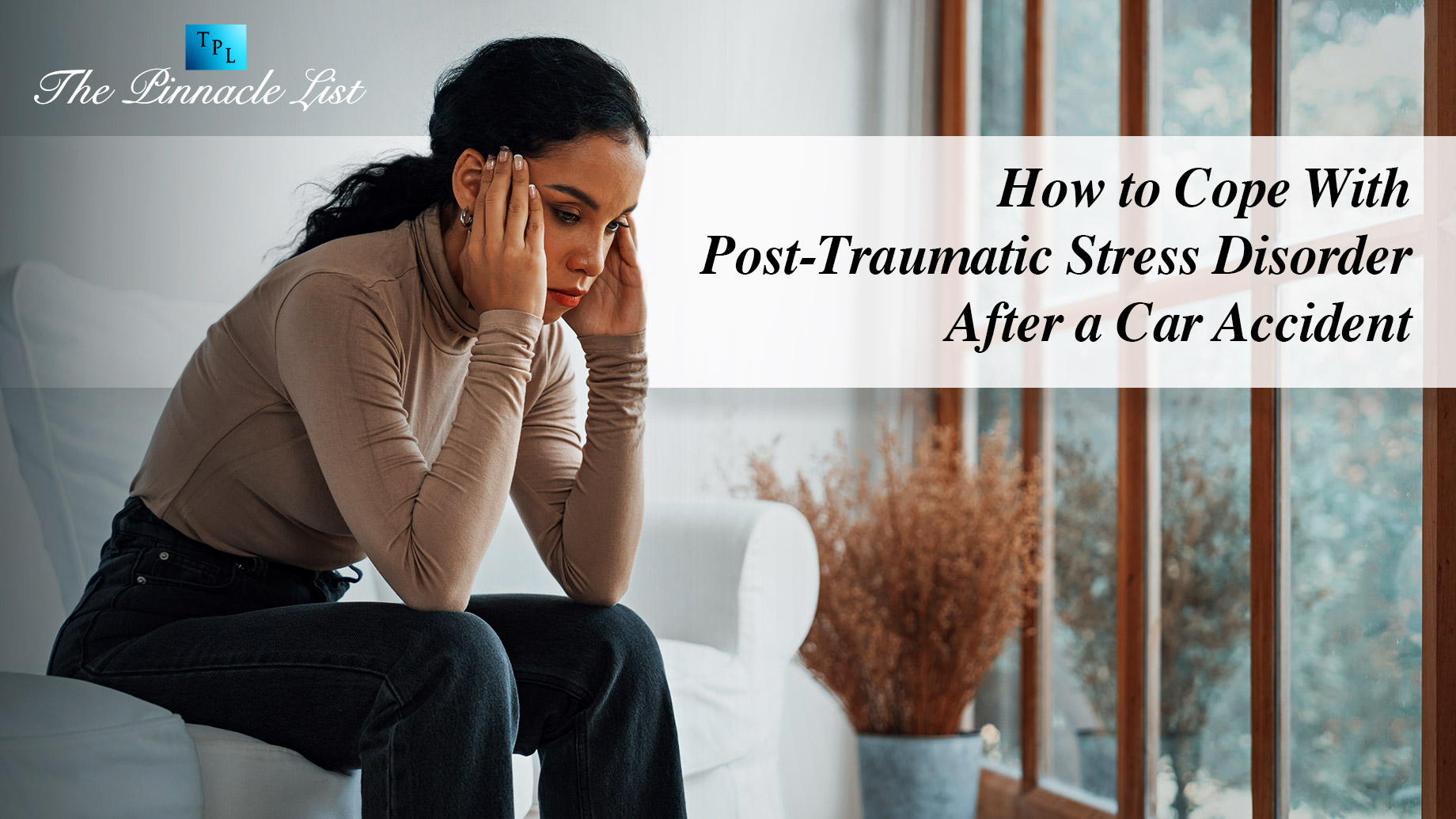
Car accidents are traumatic events that leave most with physical injuries and property damage. While physical injuries are often addressed immediately, most psychological scars can remain initially unnoticed and unattended.
Car accident-related PTSD continues to affect more Americans. About 2.5 to 7 million people in the US suffer from PTSD after a car accident. This article extensively explains how PTSD after an accident could affect survivors and how to cope with the symptoms.
Post-traumatic Stress Disorder Explained
This is a psychiatric disorder that leads to the development of certain symptoms after exposure to a traumatic event, in this case, a car accident. During such events, an individual experiences life-threatening events such as severe injury and near death. Patients who have PTSD may experience flashbacks, dreams, and recurring memories from the accident.
Car Accident PTSD Symptoms
PTSD symptoms can begin showing within a month of an accident, although this may vary from patient to patient. These symptoms could worsen over time if left untreated, leading to severe anxiety and depression.
Here are some common symptoms of PTSD:
- Depression
- Anxiety
- Flashbacks
- Headaches
- Lack of sleep
- Anguish
- Isolation
- Fear
- Irritable behavior
- Problems concentrating
- Avoidance of stimuli relating to the accident
- Emotional and mental distress that interferes with social and occupational functioning
- Guilt—if they were the ones whose actions caused the accident
PTSD Triggers After an Accident
Audio cues, visual cues, or sometimes even certain smells can trigger an episode in people coping with PTSD. Some of the common triggers include:
- Being in a vehicle
- Driving
- The smell of gasoline or smoke
- Hearing sirens from emergency vehicles
- Witnessing another accident
- Driving through the scene of the accident
PTSD Diagnosis and Treatment
While some of the mentioned symptoms may appear obvious, they might be mistaken for other mental health disorders, such as borderline personality disorder (BDP) and generalized anxiety disorder.
It is recommended to have a psychological or medical professional examine you to prevent misdiagnosis. To do this, professionals will screen patients for symptoms with the recommended scales and conduct interviews. After a thorough examination, they will rule out other causes before finally arriving at a PTSD diagnosis.
For those wondering whether you should have gone to the hospital after a car accident, such a medical evaluation also offers an opportunity to document trauma and begin necessary care—physical and psychological alike.
“PTSD treatment is just as crucial as other treatments after an accident. The recovery journey is accomplished through therapy, education, coping strategies, and medication if needed,” says personal injury attorney Jan Dils.
Common treatments for PTSD include:
- Supportive psychotherapy: this treatment aims to discuss, process, and cope with feelings after an accident
- Cognitive behavioral therapy (CBT): the goal of this treatment is to change negative thought patterns and behaviors
- Cognitive processing therapy (CPT): it is a type of CBT that changes a patient’s very ways of thinking, feeling, and behaving
- Dialectical behavioral therapy (DBT): This specializes in training patients on how to cope with emotional distress
- Acceptance and commitment therapy (CT): This therapy is designed to reduce avoidance behaviors in patients
Personal Ways to Cope With PTSD
Acknowledging that you are not okay after an accident is the first and most significant step to coping with PTSD, but in addition to this, here are a few recommendations:
- Give yourself time. Remember, healing is a journey; it might take longer than expected to accept and recover from the accident.
- Speak to people you trust about your feelings.
- Seek professional help.
- Practice mindfulness techniques like yoga and meditation to help with stress and anxiety.
- Consider alternative forms of transport if driving triggers traumatic memories.
Final Thoughts
PTSD symptoms after an accident may be challenging to deal with. Instead of denying your feelings, seek help from a professional, as most of these symptoms could affect your daily life. While dealing with losses from the accident, do not forget to mention the psychological harm suffered. These are equally important as they may take longer than physical injuries to heal.